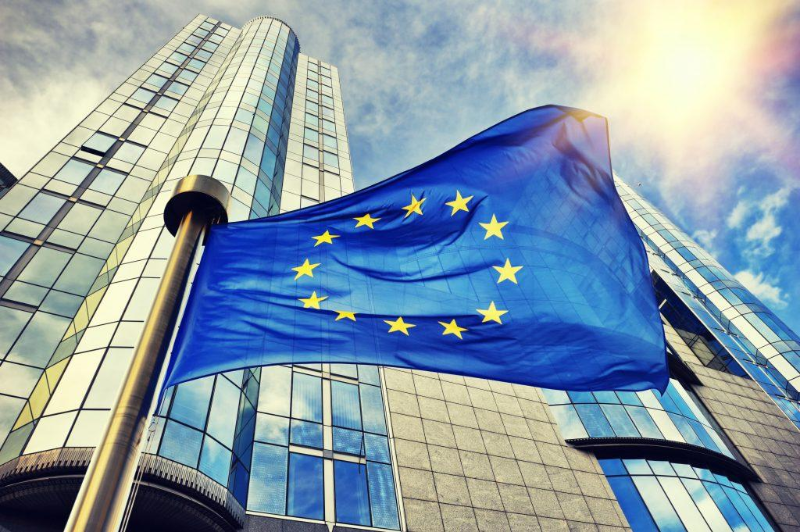NUR-SULTAN – The European Union launched July 20 the Central Asia COVID-19 Crisis Response Program (CACCR), a 3 million euro (US$3.4 million) package meant to help the region fight the COVID-19 pandemic with Kazakhstan being a major beneficiary of the program, reported the EU Delegation to Kazakhstan press service.

Photo credit: inform.kz
“The outbreak of the COVID-19 pandemic demonstrated how vulnerable our national health systems are and how vital it is to rethink the way we handle public health emergencies. This is why, in addition to providing essential medical supplies and equipment needed today, the CACCR program will also help laboratories and hospitals to be better prepared to face similar pandemics tomorrow,” said EU Ambassador to Kazakhstan Sven-Olov Carlsson.
The two-year program will be implemented by the World Health Organization.
“The assistance is part of a 124 million euro solidarity package mobilized by the European Union for the Central Asian region in the context of Team Europe’s global response to COVID-19. The program is a smart one. It takes into account the immediate needs of Kazakhstan and other Central Asian countries, but what’s more, it has been designed to have a recovery phase and a long-term perspective in mind,” said Carlsson.
The program will cover three consecutive phases. The first will address the immediate needs of the countries, then recovery and preparation for a potential second wave, with the final phase aimed at “building and maintaining resilient, responsive and strengthened health systems.”
As part of the program, Kazakhstan will receive 400,000 sets of personal protective equipment and 1,000 diagnostic test kits for COVID-19,
“It will contribute to carrying out a total of two million more PCR tests in Kazakhstan. It will assess and designate ten Kazakh hospitals against minimum infection prevention and control requirements (IPCR). It will train 5,000 workers on IPCR and 400 laboratory staff on the use of PCR and biosafety. It will update 80 percent of hospital plans with reference to IPCR assessment,” noted the ambassador.
“More than ever, this is time for international solidarity and leadership, not isolation,” concluded Carlsson.
